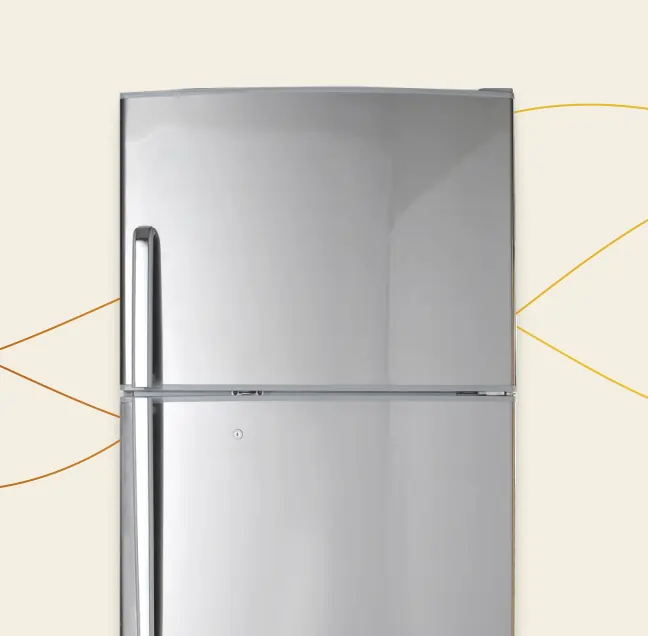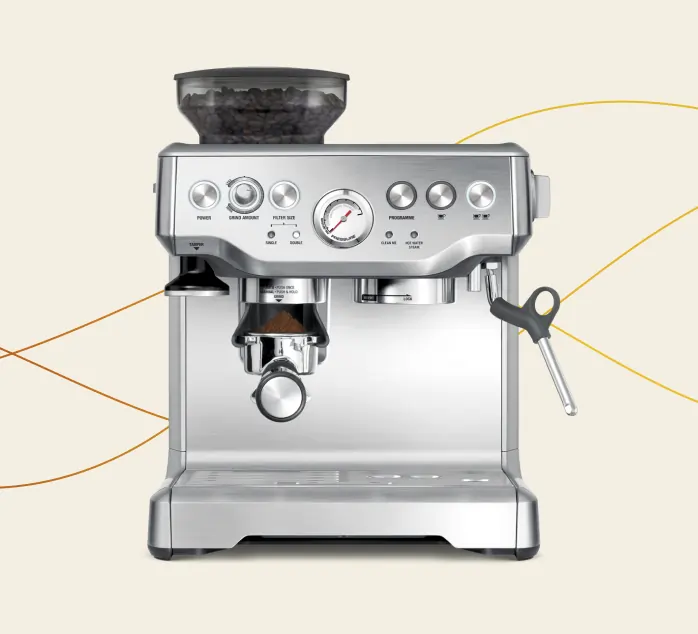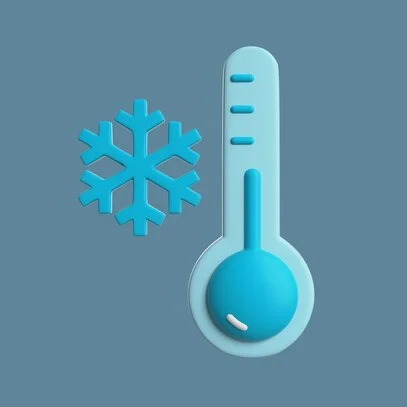Every bustling kitchen in the catering business needs commercial ovens that runs well. To keep these workhorses functioning at their best, adhering to best practices for maintaining commercial ovens is crucial. Neglect this, and you will soon need not just a servicing but commercial oven repair.
Here, we'll explore expert tips related to the best commercial oven maintenance.
To find a contractor for commercial oven maintenance, go to our commercial engineering section and select the relevant equipment.
Routine Cleaning for Prolonged Performance
Regular cleaning is the cornerstone of oven maintenance. From oven interiors to vents and filters, using gentle cleaning agents to avoid damaging sensitive oven surfaces. Harsh chemicals can corrode and reduce the lifespan of your equipment.
Regularly clean grease traps to prevent the buildup of grease, a potential fire hazard. This simple practice also goes a long way in maintaining a safe and efficient kitchen environment.
A clean oven is not only of an aestetic aspect. And not only ensures food safety but also extends the lifespan of the equipment. As well as its performance, especially when it is a gas unit.
Optimal Temperature Calibration
Calibrate your oven regularly to guarantee accurate temperature settings. An accurately calibrated oven not only improves cooking results but also prevents overheating, reducing the risk of malfunctions.
Seal Inspection for Energy Efficiency
Check door seals for finding any signs of cracking or simply loosen sealing. A tight seal prevents heat loss, enhancing energy efficiency and maintaining a consistent cooking environment.
Proactive Parts Replacement
Keep an eye on the condition of heating elements, thermostats, and fans. Timely replacement of worn-out parts ensures smooth operations and prevents unexpected breakdowns.
Ventilation System Maintenance
Clean and inspect the ventilation system. Proper ventilation not only enhances air quality in the kitchen but also prevents overheating, safeguarding electronic components.
Scheduled Professional Inspections
Engage professionals for routine inspections. Their expertise can identify issues before they escalate, saving both time and money in the long run.
Employee Training Programs
Regularly update staff on oven usage and maintenance protocols. Well-informed staff contribute to the longevity and efficiency of your commercial ovens.
Conclusion
Maintaining commercial ovens is not just a task; it's a commitment to ensuring the heart of your kitchen operates flawlessly. By incorporating these best practices, you not only enhance the longevity of your equipment but also contribute to a safer and more efficient culinary workspace.


